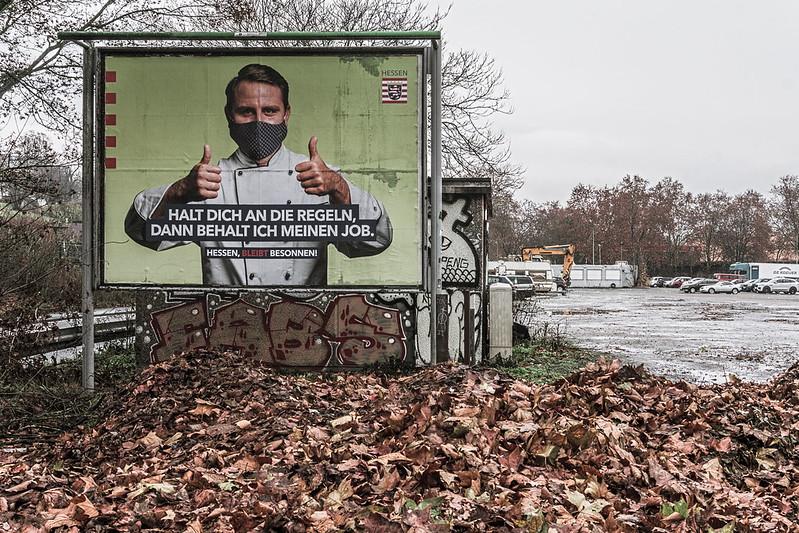Global incidence of new COVID-19 cases remained high but stable for the second week in a row, while global coronavirus deaths increased, according to the latest weekly epidemiologic update from the World Health Organization (WHO).
Meanwhile, with the United Kingdom's vaccination campaign in its second day, UK health officials said today that people with a significant history of allergic reactions to food, medicine, or vaccines should not receive the COVID-19 vaccine from Pfizer-BioNTech following allergic reactions in two health workers.
Americas region driving new cases
The WHO update showed just under 4 million reported COVID-19 cases in the past 7 days, nearly half of which came from the Region of the Americas, which saw a 12% increase from the previous week. The United States remains the leader in new reported infections (reporting more than 1.2 million new cases over the past week), followed by Brazil, which reported more than 295,000 cases, a 35% increase from the previous week.
In a press briefing today, Pan American Health Organization director Carissa Etienne, MBBS, MSc, warned that the substantial rise in infections is putting Brazil's health system under strain, and that surges in parts of Colombia and Paraguay are stretching hospital capacity in those countries.
"We're once again in need of coordinated efforts to boost hospital capacity in the most affected areas because when hospitals can't accommodate everyone who's sick, many will die waiting for care," Etienne said in her opening remarks.
Europe saw its fourth straight week of declining new infections, as cases fell by 9% over the past 7 days, but the region continues to account for the second highest number of new cases and deaths globally, the WHO said (37% and 48%, respectively). The Russian Federation, Italy, Germany, and the United Kingdom reported the highest numbers of new COVID-19 cases in the region.
Germany saw a 3% increase in new cases and 26% increase in COVID-19 deaths. Although the partial lockdown that the country has been under for the last 6 weeks has helped slow the rise in new cases, today German Chancellor Angela Merkel supported calls for tougher restrictions recommended by Germany's National Academy of Science, according to DW News.
The recommended measures include an extended Christmas break for schools, full closure of all but essential businesses starting Dec 24, and as many people working from home as possible. Merkel's comments came the same day that Germany reported a record daily high of 590 COVID-19 deaths.
"Five hundred deaths a day is unacceptable," Merkel told German lawmakers.
While the WHO reports showed overall declines in new cases in the South-East Asia and Western Pacific regions, South Korea, which has been widely praised for its response to the pandemic, is now in its third wave of coronavirus outbreaks. The resurgence led the governor of the country's most populous province—Gyeonggi Province, home to the capital city of Seoul—to call for mass testing today to find and isolate new cases, according to Reuters. The country has been averaging about 600 new COVID-19 cases a day, and the majority have been in and around Seoul.
The WHO said a total of 73,396 COVID-19 deaths were reported in the last 7 days, a 4% increase from the previous week.
UK vaccine warning
The BBC reports that the warning from UK health regulators came in response to two National Health Service workers having an anaphylactoid reaction after receiving the first dose on yesterday, the first day of the United Kingdom's rollout of the vaccine. Both workers have a history of serious allergies and carry adrenaline pens with them, and are said to be recovering well.
In a statement to CNN, Pfizer and BioNTech said they were supporting an investigation into the reactions by the UK's Medicines and Healthcare products Regulatory Agency.
In other vaccine news, Canadian health officials announced today that they have authorized the Pfizer-BioNTech vaccine for use in the country, with initial doses set to arrive next week. The country is expected to receive 249,000 doses of the two-dose vaccine by the end of December, enough to vaccinate 124,500 people.
"Thanks to advances in science and technology, and an unprecedented level of global cooperation, today, Canada reached a critical milestone in its fight against COVID-19 with the authorization of the first COVID-19 vaccine," Health Canada said in a statement.
Also today, the health ministry of the United Arab Emirates (UAE) reported that an interim analysis of the experimental coronavirus vaccine developed by the Chinese National Pharmaceutical Group (Sinopharm) showed 86% efficacy, according to Reuters. The UAE began a phase 3 trial of the vaccine in July, and authorized emergency use of the vaccine in certain groups in September.
The UAE did not release any detailed data from the clinical trial.






















